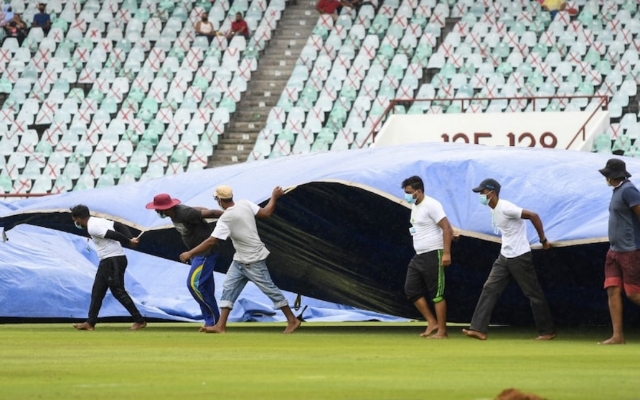
The ICC’s decision not to allocate a reserve day for the T20 World Cup semi-very last between India and England in Guyana, notwithstanding presenting one for the primary semi-very last in Trinidad, has sparked massive debate and confusion among enthusiasts and analysts.
This desire is particularly contentious given the weather forecast, which shows possible rain on match day, adding to the uncertainty surrounding this crucial come-across at Providence Stadium.
The notably predicted in shape is a rematch of the previous T20 World Cup semi-very last in Adelaide, Australia, and both teams are keen to secure a niche in the final in opposition to South Africa in Barbados. In the first semi-final, South Africa dominated Afghanistan without any rain disruptions, way to the availability of a reserve day in Trinidad. This contingency ensured that any capability rain delays could no longer affect the outcome of the suit.
However, the identical provision is not to be had for the India-England semi-final in Guyana. Recent rain in Georgetown, the capital of Guyana, has raised concerns that the climate may impact the sport, potentially main to an incomplete match. If rain spoils the semi-final, the outcomes for the teams can be markedly unique. India, thanks to their advanced standing within the league and Super 8 phases, might enhance at once to the very last if the suit is washed out.
This gain is a result of their consistent performance at some stage in the event. On the other hand, England could be eliminated, left to rue their neglected opportunity because of the absence of a reserve day.
This situation has intensified the controversy over the fairness of the ICC’s decision. The ICC’s rationale for the distinctive rules carried out to the semi-finals has drawn extensive media interest and criticism. To cope with the debate, the ICC issued a clarification, attempting to explain the reasoning behind their choice. However, this clarification has achieved little to quell the dissatisfaction amongst enthusiasts and cricket analysts, who query the consistency and fairness of the match’s rules.
The contrasting treatment of the two semi-finals has fueled discussions on the significance of fairness and uniformity in event rules. Critics argue that all teams ought to be difficult in the same situations, mainly in crucial knockout levels.
The absence of a reserve day for one of these enormous matches is seen by way of many as an obtrusive oversight. As the healthy day progresses, all eyes are on the weather forecast and the ICC’s controversial choice, which can significantly affect the outcome of this excessive-stakes game.
The anticipation and uncertainty surrounding the India-England semi-final underscore the broader demanding situations of organizing global sports activities, where the stability between aggressive fairness and logistical practicality is continually tested.
Get the latest cricket news here, like us on Facebook, and follow us on Twitter and Instagram for more such updates.






